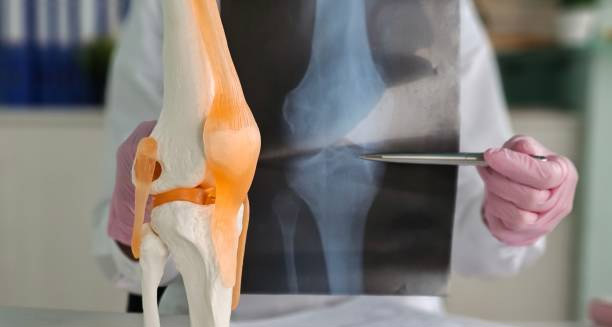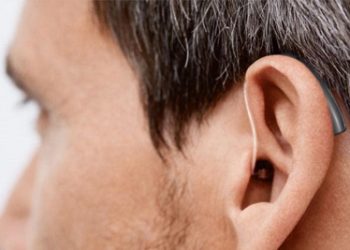Diagnosis of knee cartilage damage is a critical step in managing and treating joint injuries effectively.
Without an accurate diagnosis of knee cartilage damage, people may waste time treating the wrong problem. This leads to more pain, worse damage, and difficulty moving. Since cartilage has no blood supply or nerves, damage may stay hidden until it’s serious. That’s why a careful and informed diagnosis matters so much for recovery.
The process starts with a full medical history. Doctors will ask about recent injuries, overuse, or sports accidents that could have hurt the knee. Even small events, like twisting the knee while walking, can cause damage. It’s also important to know when the pain began, whether it comes and goes, and which actions make it worse. Other knee issues like past ligament injuries or arthritis can also provide important clues.
After that, the doctor checks the knee physically. This involves watching how a person walks, stands, and moves. The doctor may ask the patient to bend, squat, or stretch the knee. They will touch the knee to find any pain, swelling, or fluid. One key sign they check for is joint effusion — extra fluid in the knee. This may show inflammation from cartilage damage or loose pieces inside the joint. Tests like McMurray’s or Apley’s help spot meniscus tears or other joint issues often seen with cartilage damage.
Imaging and Physical Tests for Diagnosis of Knee Cartilage Damage
Even though a good exam helps a lot, pictures of the knee are often needed to confirm the diagnosis of knee cartilage damage. Regular X-rays can’t show cartilage directly because cartilage doesn’t appear on them. But they can reveal signs like less space in the joint or bone changes. These signs often point to cartilage wear, especially in people with arthritis.
MRI is the best scan for checking cartilage without surgery. It gives clear pictures of soft parts like cartilage, ligaments, and tendons. Special types of MRI — like T2 mapping or dGEMRIC — show even more details about the cartilage’s health and structure. These scans help find early or mild damage.
If scans don’t give clear answers, doctors may suggest arthroscopy. This is a small surgery using a camera inside the knee. It shows live pictures of the cartilage and other parts. This method is very accurate. It also lets surgeons fix small problems or remove loose pieces during the same procedure. Arthroscopy is still the best way to check knee joints when MRI results are unclear.
Other Diagnostic Tools for Knee Cartilage Damage
Some people, especially athletes, may need a gait and movement check. This finds odd patterns or muscle problems that can harm cartilage over time. Sports doctors or physical therapists use tools like motion capture and force plates to study how the knee moves. These tests help with both diagnosis and treatment planning.
Ultrasound can also help check for fluid or damage near the surface. It’s useful in early injury settings. But it can’t see deep inside the joint as well as MRI or arthroscopy. Still, it’s good for guiding injections or removing fluid for lab testing.
In certain cases, doctors order blood tests to rule out diseases that can damage cartilage. These include infections or immune problems like rheumatoid arthritis. Blood tests may check for inflammation or immune markers such as ESR, CRP, rheumatoid factor, or ANA. These tests don’t confirm cartilage damage, but they help explain the cause of joint pain.
Age and Symptom Tracking in Diagnosis of Knee Cartilage Damage
Age also plays a role in how knee cartilage damage is diagnosed. In young people, cartilage problems may come from growth issues or bone conditions. Older adults are more likely to have damage from wear and tear. Doctors adjust their approach depending on the patient’s age. Children may need special imaging and checks of growth areas. Older patients may need tests for bone weakness along with cartilage damage.
Patients’ own views of their symptoms also help. Questionnaires like KOOS or IKDC let people rate their pain, knee function, and how the knee affects daily life. These scores help track progress and treatment results over time.
An early and correct diagnosis of knee cartilage damage leads to better treatment and results. If the problem is missed or found too late, it can cause long-term pain and joint damage. That’s why doctors must use many tools — from exams and scans to patient feedback. The goal is not only to find the damage but also to understand its cause and seriousness. This helps build a treatment plan that fits the person’s needs.
In short, diagnosing knee cartilage damage takes many steps. These include medical history, exam, MRI, arthroscopy, and lab tests. Each step gives valuable information. Early diagnosis opens the door to more treatments and a better chance of healing the joint.


